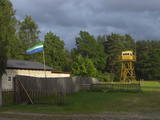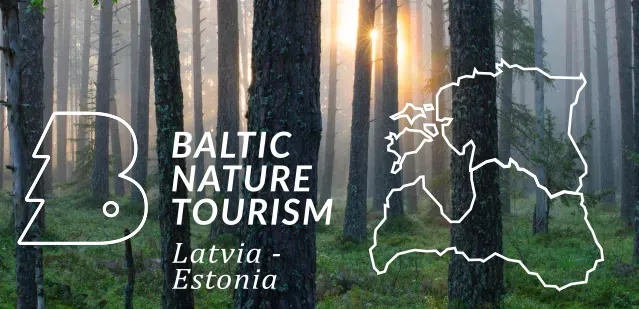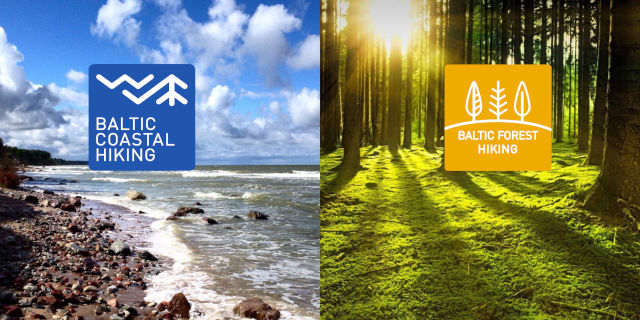The State Slītere Reserve in the frontier zone
I often encountered border guards, but I tried to avoid such situations, because staff at the reserve often had binoculars, maps and cameras, and that made the Border Guard very suspicious, indeed. If they caught someone, it usually took at least half an hour to finish the discussion. If we noticed a Border Guard vehicle in a timely way, we ran off into the forest, yelling “The greens are coming!”
During the Soviet era, I worked for the State Slītere Reserve. I often encountered border guards, but I tried to avoid such situations, because staff at the reserve often had binoculars, maps and cameras, and that made the Border Guard very suspicious, indeed. If they caught someone, it usually took at least half an hour to finish the discussion. If we noticed a Border Guard vehicle in a timely way, we ran off into the forest, yelling “The greens are coming!” We all would hide. If we needed to be on the beach during the migration of birds and so on, we always told the authorities what we were doing and when. There were no problems then. The Border Guard hired sensible people who did not treat us with any particular hostilities. The exception was in those cases when someone behaved rudely toward the Border Guard.
The border guards violated the law themselves by cutting down trees and digging trenches in the sand in unauthorised places. Once they were caught at the garbage dump in Kolka. They’d unlawfully shot a wild boar. Sometimes civilian workers hired by the Army got Kalashnikovs and went hunting. Fishing was banned between Kolka and Ventspils, but the Border Guard covered up for those locals who went fishing anyway. Bribes were paid to them, of course. That was the only way in which people could go fishing.
The Border Guard had headquarters in Kolka and Mazirbe. There were facilities in Saunags and Pitrags, too, but they were just buildings meant to put controls over people, no one really worked there. At night, floodlights were switched on in Kolka and Mazirbe. You could be on the beach at Mazirbe from 8:00 AM until 10:00 PM during the summer. There were warnings in two languages as to the rules. One of the largest beaches in the area was in Mazirbe. The other Liv villages had only small parts of the coastline where civilians were allowed to be. I’ve heard that in the 1980s, the Border Guard was thinking about installing a barbed wire fence all along the beach. They’d already bought some timber from the Slītere Reserve for the poles that would be needed.
The border guards violated the law themselves by cutting down trees and digging trenches in the sand in unauthorised places. Once they were caught at the garbage dump in Kolka. They’d unlawfully shot a wild boar. Sometimes civilian workers hired by the Army got Kalashnikovs and went hunting. Fishing was banned between Kolka and Ventspils, but the Border Guard covered up for those locals who went fishing anyway. Bribes were paid to them, of course. That was the only way in which people could go fishing.
The Border Guard had headquarters in Kolka and Mazirbe. There were facilities in Saunags and Pitrags, too, but they were just buildings meant to put controls over people, no one really worked there. At night, floodlights were switched on in Kolka and Mazirbe. You could be on the beach at Mazirbe from 8:00 AM until 10:00 PM during the summer. There were warnings in two languages as to the rules. One of the largest beaches in the area was in Mazirbe. The other Liv villages had only small parts of the coastline where civilians were allowed to be. I’ve heard that in the 1980s, the Border Guard was thinking about installing a barbed wire fence all along the beach. They’d already bought some timber from the Slītere Reserve for the poles that would be needed.
| Tourism objects involved in this story | ||
|---|---|---|
Пост береговой погранохраны размещался в здании бывшей Морской школы. В постсоветские времена в отдельных частях зданий предлагались услуги ночлега. Башня погранохраны – один из сохранившихся наилучшим образом объектов на берегу моря. |
||










